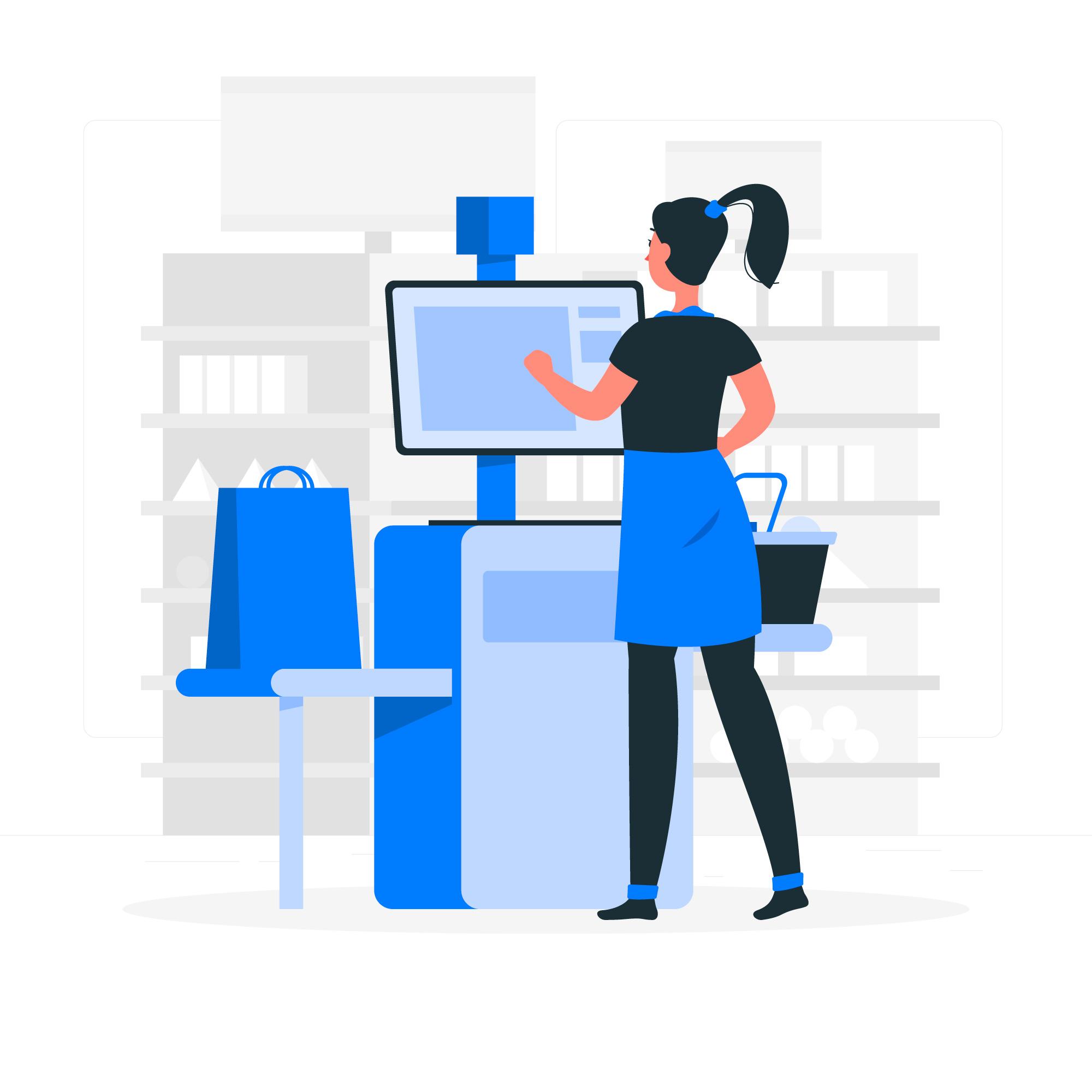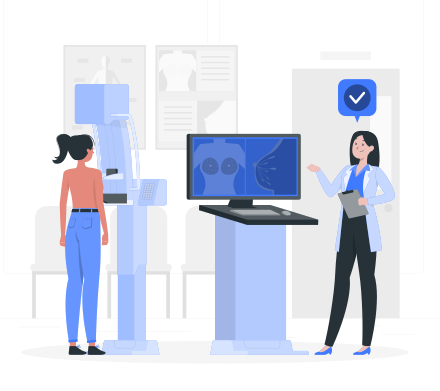Menu
Close
- About Us
- Products
- Industries
- Bakery
- Cosmetics
- Supermarket
- Distribution
- Restaurant
- Garments
- Footwear
- Optical
- Interior and Decor
- Marble and Granite
- Paper Industry
- Bakery
- Restaurant
- Supermarket
- Pharmacy
- Garments & Apparel
- Footwear
- Cosmetics and Jewelry
- Optics
- Paper Industry
- Automotive
- Marble Industry
- Distributor & Wholesale
- Clients
- Testimonials
- Contact
- About Us
- Products
- Industries
- Bakery
- Cosmetics
- Supermarket
- Distribution
- Restaurant
- Garments
- Footwear
- Optical
- Interior and Decor
- Marble and Granite
- Paper Industry
- Bakery
- Restaurant
- Supermarket
- Pharmacy
- Garments & Apparel
- Footwear
- Cosmetics and Jewelry
- Optics
- Paper Industry
- Automotive
- Marble Industry
- Distributor & Wholesale
- Clients
- Testimonials
- Contact







